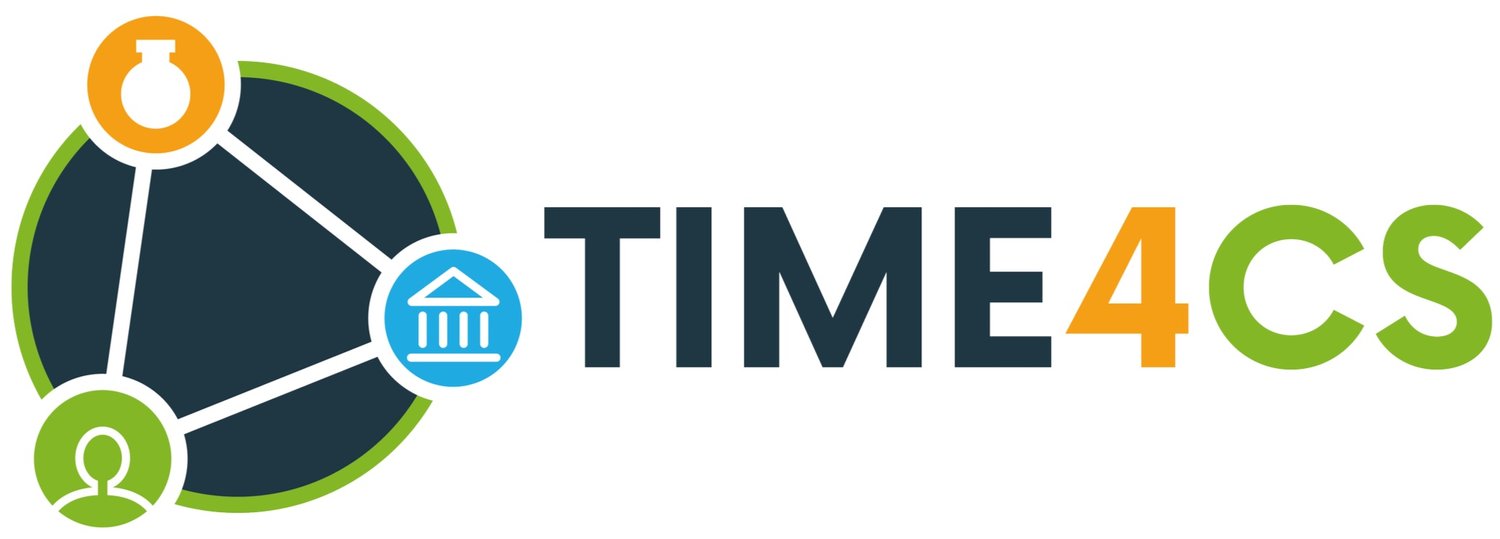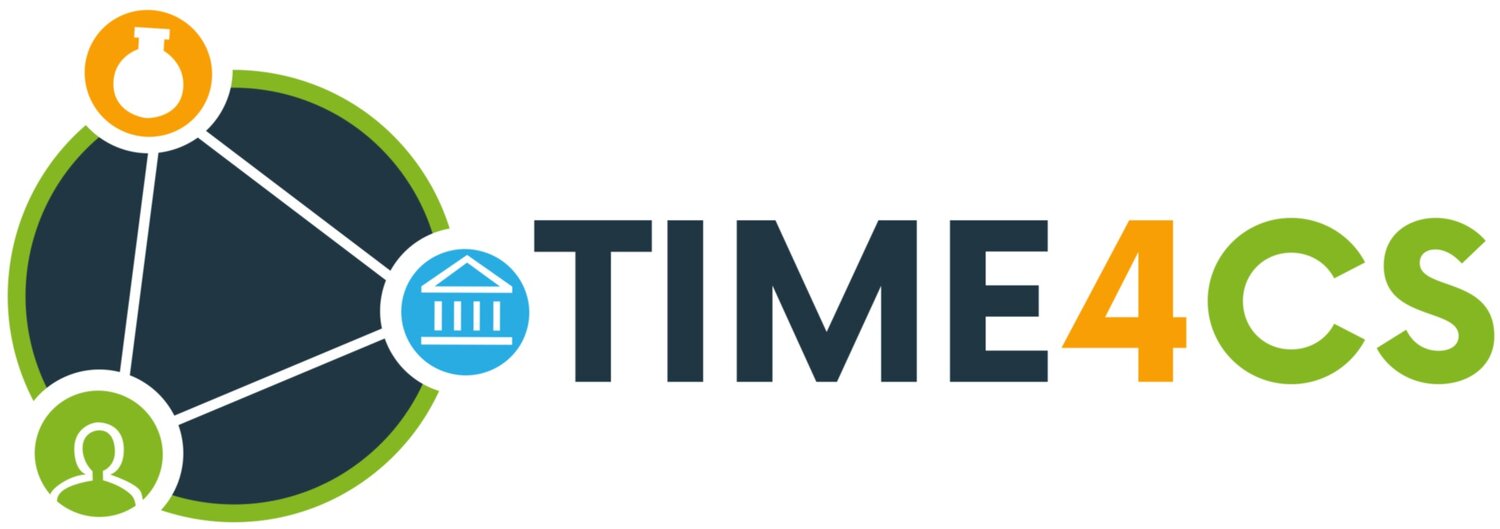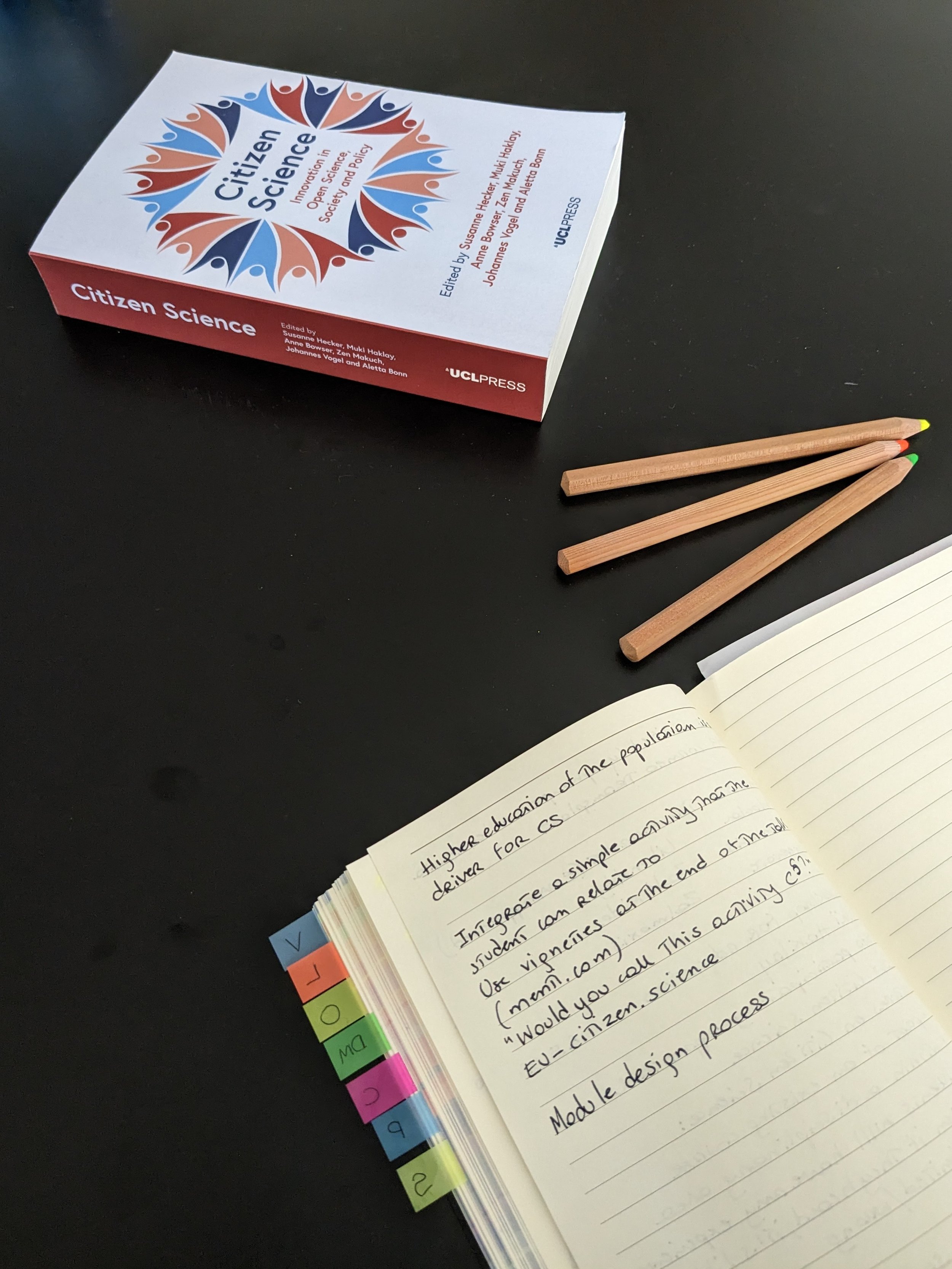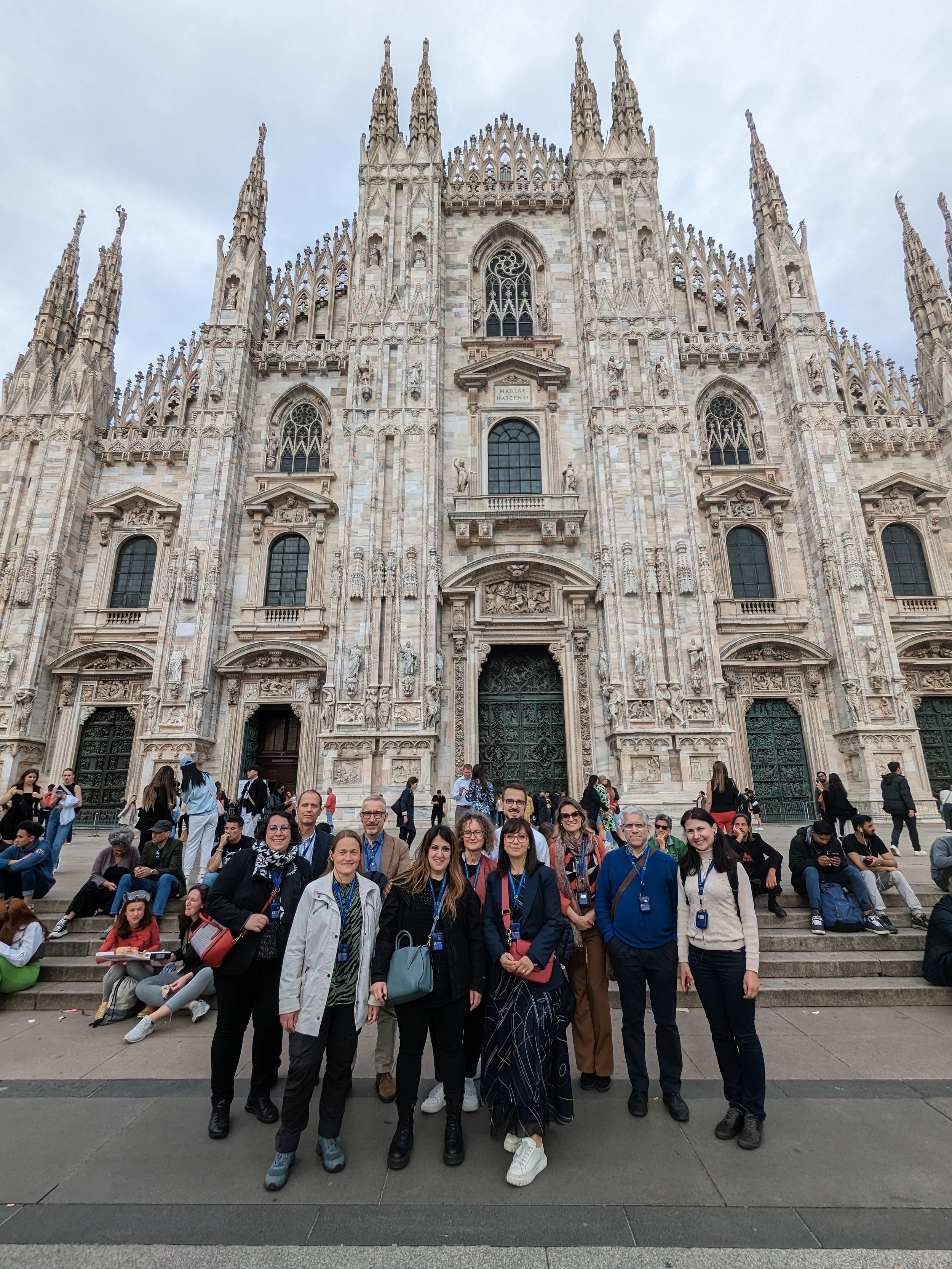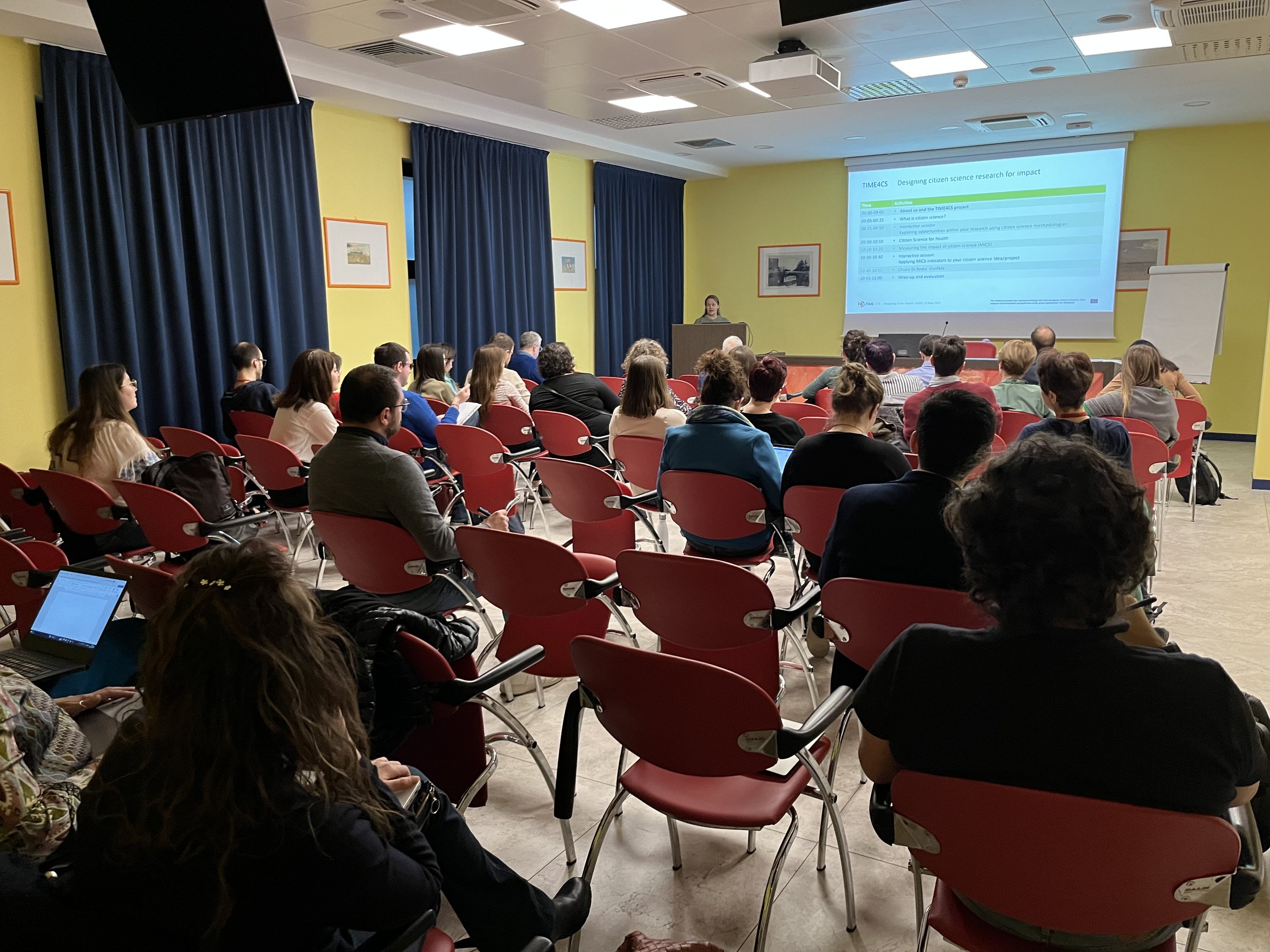Huge success of the mentoring visit at Vita-Salute San Raffaele University: a step forward on the path to embedding Citizen Science in UniSR research
The TIME4CS project is based on the continuous exchange of knowledge between Front-Runner institutions, RPOs with comprehensive expertise in Citizen Science, and Implementer institutions such as UniSR, which are in the early stages of the implementation of Institutional Changes to support Citizen Science.
On the 18th and 19th of May, UniSR hosted Front-Runner partners Aarhus University, University College London, and Citizen Science Center Zurich, plus European Science Foundation and APRE - Agenzia per la Promozione della Ricerca Europea.
Prof Gianvito Martino, scientific director of San Raffaele Hospital and University research and third mission pro-rector, welcomed our partners together with UniSR CEO and San Raffaele Hospital research director Dr Anna Flavia D’Amelio Einaudi. Prof. Martino showed the strength of UniSR’s integrated approach by sharing the campus with the hospital.
The UniSR TIME4CS Core Team brought the Front-Runners up to speed on the advancement of the Grounding Actions designed to embed Citizen Science in our institution. Among the many initiatives discussed, were a survey to better understand researcher awareness of Citizen Science, joining the European Citizen Science Association (ECSA), several communication activities (newsletter, social media, seminars), the formalization of an Open Science team within an area devoted to Responsible Research and Innovation, training activities for research support offices and for students, the creation of a contact point for Citizen Science, and the construction of a dedicated intranet page with a repository of papers and resources on Citizen Science.
During the 2-day visit, Front-runners offered three different workshops on Citizen Science, tailored for University professors with a focus on education, researchers of both San Raffaele University and Hospital, and for research support officers. Our aim is to achieve a welcoming research environment in which Citizen Science projects can be successfully ideated and fostered.
The main goal of the workshop on education was to teach professors how to drive students to “think like a participant”, recognizing that Citizen Science exists in multiple flavours and leading students to think about their own Citizen Science projects.
The workshop for researchers highlighted how Citizen Science exists on a spectrum of levels of citizen participation, and that, ultimately, Citizen Science is a bona fide research methodology that can be adapted to the researchers’ needs. Several examples of running Citizen Science projects were presented to stimulate interest in researchers. Scientists then teamed in groups to brainstorm on possible Citizen Science projects, such as crowdsourcing of research goals and gamification of iterative parts of lab procedures. The workshop was a veritable success: many potential ideas that deserve further exploration emerged. Interested researchers and the Citizen Science Core Team will definitely meet again soon!
Research support officers participated in the third workshop and became familiar with the principles of Citizen Science. This will enable them to intercept research projects that already present with Citizen Science characteristics or those that would benefit from the addition of a participatory component, also in terms of increasing chances for winning funding.
Last but not least, Front-runners and the UniSR Core Team (after two full days and a lovely tour & dinner downtown together) enjoyed a train-the-trainers session, during which the Core Team focused on the training activities on Citizen Science it will implement in the future for our research community. We learned how to perform stakeholder analysis, how to map the characteristic of the target audience, and how to apply the Logic Model to outline training activity impacts.
We are thrilled about what’s coming for UniSR and Citizen Science: the mentoring visit has helped accelerate the ongoing change in our research community and in our institution.
Author: Maya Fedeli, PhD (UniSR)
